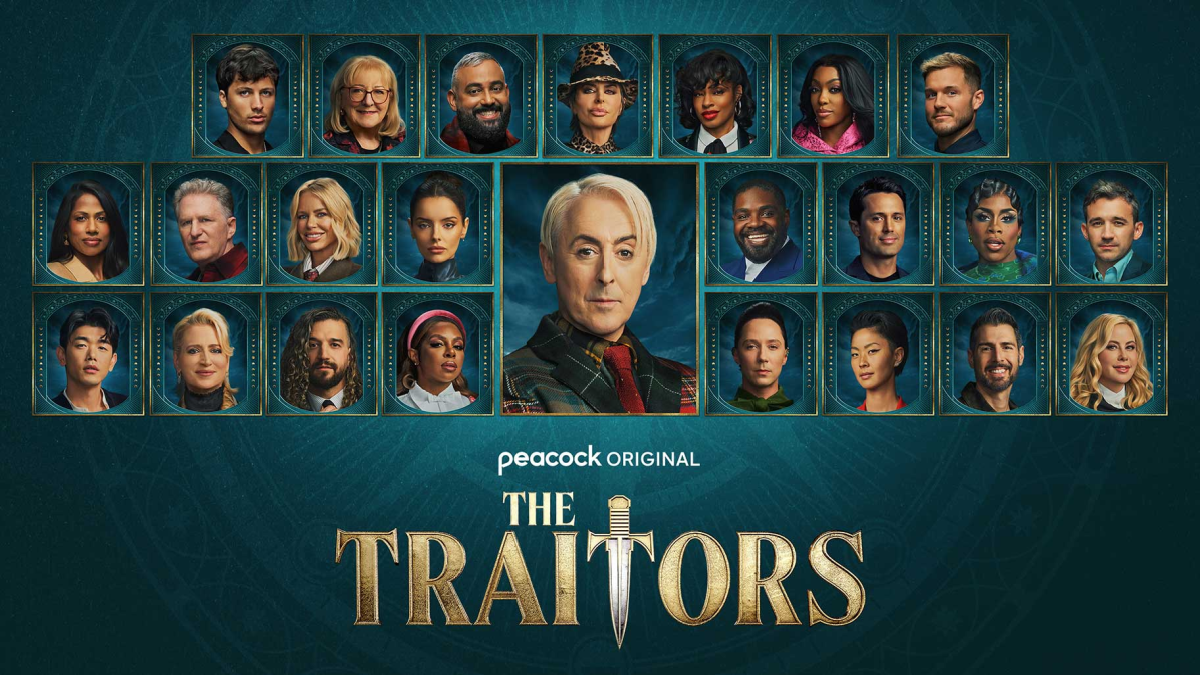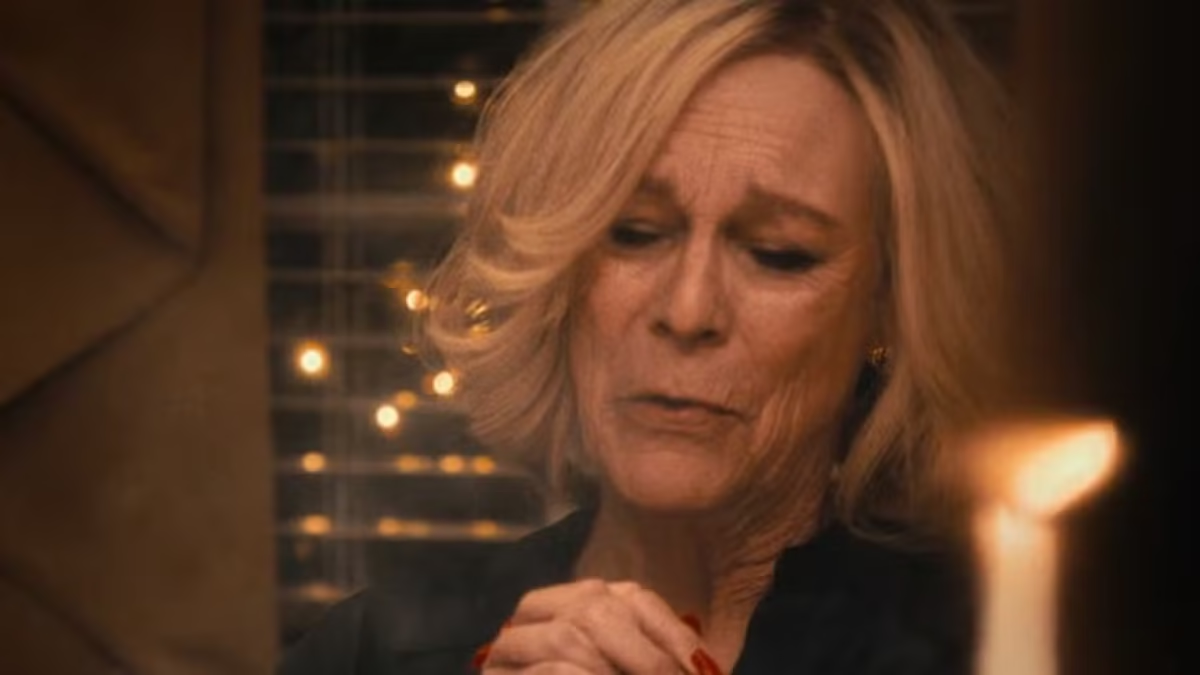
There’s a moment in Season 2 of “The Bear” that stopped me cold. Donna Berzatto, the family matriarch, is spiraling through Christmas dinner, her alcoholism creating chaos that ripples through every family member in predictable, devastating ways. As I watched Carmy try desperately to manage the crisis, Sugar absorbed everyone’s emotions like a sponge and the family system organized itself around Donna’s addiction. I realized I wasn’t just watching exceptional television.
I was watching the most accurate portrayal of family addiction genetics ever put on screen!
As someone who has been in recovery since Dec. 31, 1996, and spent much of my career as a functional DNA nutritionist and mindfulness teacher, helping people understand their genetic blueprints and manage burnout and stress, I’ve seen thousands of families grapple with addiction’s invisible inheritance. What makes “The Bear” extraordinary isn’t just its unflinching look at trauma and recovery — it’s how perfectly it illustrates the genetic patterns that create and perpetuate addiction across generations.
The Science Behind the Chaos
When most people watch “The Bear,” they see a dysfunctional family struggling with addiction and codependency. When I watch it, I see genetic variants in action.
Donna’s relationship with alcohol isn’t just about trauma or poor choices — it’s likely rooted in genetic variants that made alcohol feel like medicine rather than poison. Research shows that variants in genes like ALDH2 can affect how efficiently the body processes alcohol, while variants in DRD2 can create a reward system that requires external substances to feel what others feel naturally. For someone with this genetic combination, alcohol doesn’t just provide relief — it provides neurochemical balance that their brain chemistry can’t achieve on its own.
But here’s what the show captures so brilliantly: Donna’s genetics didn’t just affect her. They programmed her entire family’s survival strategies.
Carmy became the fixer, compulsively trying to save everyone around him. This isn’t just codependency — it’s likely the result of genetic variants in OPRM1 that create what researchers call “helper’s high,” a neurochemical reward for helping behaviors that can become as addictive as any substance.
Sugar developed people-pleasing patterns so extreme that she literally cannot set boundaries. This mirrors the genetic variants in OXTR that affect attachment systems, making conflict feel like a threat to survival and harmony feel like a sense of safety.
Each child’s response to the family chaos was largely determined by their own genetic blueprint interacting with the environment Donna’s genetics created.
The Al-Anon Revelation
Two years into my own sobriety, I found myself in an Al-Anon meeting, listening to people describe patterns I recognized intimately — not because I had lived with an alcoholic, but because I was one. The hypervigilance, the compulsive helping, the inability to distinguish my emotions from others’ — these weren’t just responses to addiction. There were genetic patterns that showed up whether you were the person drinking or the person trying to manage someone else’s drinking.
This is what “The Bear” gets right that most addiction narratives miss: addiction is a family illness not just because it affects everyone, but because the genetic variants that create addiction susceptibility also create the survival strategies that family members develop in response.
When Jamie Lee Curtis speaks about her recovery journey, she often mentions the moment she realized her addiction wasn’t a moral failing but a medical condition. What she doesn’t always discuss is how her genetic variants likely influenced not just her relationship with substances, but her entire family’s relationship with chaos, control and emotional regulation.
The Genetic Inheritance We Don’t Discuss
The most heartbreaking aspect of “The Bear” is watching Mikey’s story unfold in flashbacks. Here was someone who inherited genetic variants similar to his mother’s, but without understanding or support for those variants, he followed the same path toward substances as his primary coping mechanism.
This is the tragedy of genetic inheritance in addiction: we pass down both the variants and the lack of understanding about how to support them.
In my practice, I’ve worked with countless families where addiction skips generations or shows up in different forms — work addiction, food addiction, relationship addiction — but the underlying genetic patterns remain consistent. One generation drinks, the next becomes workaholics and the third develops eating disorders. Different substances and behaviors, same genetic vulnerabilities, seeking relief.
The Hope in Understanding
But here’s what gives me hope, both in “The Bear” and in my work: understanding changes everything.
When Carmy begins to recognize his patterns, when he starts to see his compulsive fixing as something that serves him in the kitchen but destroys him in relationships, he’s beginning the work of genetic awareness. He’s learning to work with his wiring instead of against it.
When Sugar starts to understand that her people-pleasing isn’t weakness but a genetic attachment style that needs different support, she can begin to honor her need for connection while maintaining her sense of self.
This is the power of genetic literacy in addiction recovery: it transforms shame into understanding, judgment into compassion, and fighting your patterns into supporting them.
The October Opportunity
October has become synonymous with sobriety challenges — Sober October, Dry October and countless variations on the theme of temporary abstinence. But what if this October, instead of just focusing on what we’re not drinking, we focused on understanding why we drink in the first place?
What if instead of relying on willpower alone, we understood the genetic blueprints that drive our behaviors?
What if we could look at our family patterns — the anxiety, the people-pleasing, the compulsive helping, the addiction — not as character flaws to overcome but as genetic features to understand and support?
This is why I’ve created a 5-day DNA Decoded experience for this Sober October. Not to replace the valuable work of traditional recovery programs, but to add a layer of genetic understanding that can transform how we see ourselves and our families.
Because here’s what I’ve learned in 28 years of recovery and decades of studying genetics: you can’t heal what you don’t understand. And you can’t support what you’re fighting.
Beyond the Five Days
For those ready to go deeper, I also offer ongoing support through my DNA Cohort — a community where people receive comprehensive genetic testing, personalized blueprints and biweekly coaching to implement their genetic insights. Members get their 3X4 genetic testing kit and first month of coaching for $449, with ongoing monthly support available.
What I’ve learned is that understanding your genetics is just the beginning. The real transformation occurs when you have ongoing support to implement that understanding in your daily life, relationships and recovery journey.
“The Bear’s” Ultimate Gift
“The Bear” has given us something precious: a mirror that reflects our own family patterns with such accuracy that we can finally see them clearly. It shows us that addiction isn’t just about the person using substances — it’s about genetic patterns that affect entire family systems across generations.
But more than that, it shows us that understanding these patterns is the first step toward breaking them.
When we see Donna not as a selfish alcoholic but as someone whose genetic variants were never properly supported, we can extend that same compassion to ourselves and our families.
When we see the entire Berzatto family as people doing their best with the genetic blueprints they inherited, we can begin to imagine what might be possible if we learned to support those blueprints instead of fighting them.
This October, as you consider your relationship with substances, with family patterns, with the invisible forces that seem to drive your behavior, I invite you to add genetic understanding to your toolkit.
Not because genetics determines your destiny, but because understanding your genetic blueprint can help you create a life that works with your wiring instead of against it.
Because the truth that “The Bear” reveals so beautifully is this: we are not broken. We are not weak. We are neither too much nor too little.
We are perfectly designed to be exactly who we are. We just need the right instruction manual.
And that’s what genetic understanding can provide.
Lane Kennedy is a functional DNA nutritionist with over 28 years in recovery. She helps people understand their genetic blueprints to create sustainable health and sobriety. Her 5-Day DNA Decoded Experience for Sober October begins Oct. 1, 2025.
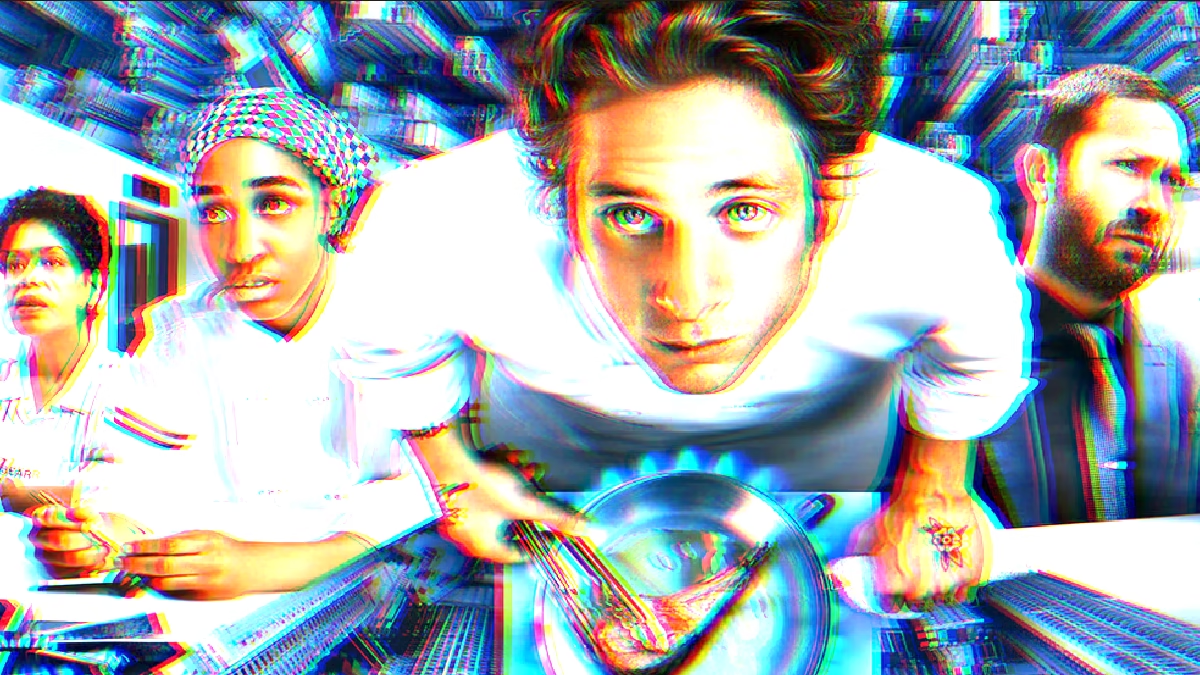
THE MINDFUL BINGE: We reviewed every season of “The Bear” and highly recommend adding this show to your watch list.
- The Bear (Season One) – A Look at Addiction from An Al-Anon Perspective
- Season 2 of Stigma Smashing Hit “The Bear” Continues to Focus on Al-Anon and Delivers the Fun in Dysfunction with Stellar Cameo Performances and a Killer Soundtrack
- Season 3 of The Bear Goes Deep Revealing More About Family, Feelings, and Fallout from Addiction and Then Stops Short
- The Bear Season 4: A Masterclass in Amends (and Maybe the Last Course We Needed)

SPIRITUAL SUBSTANCE at The Sober Curator is a monthly column by Lane Kennedy that explores the rich intersections of mindfulness, science, and spirituality. Each piece blends evidence-based practices with soulful reflection, offering tools to cultivate inner peace, self-awareness, and deeper connection. From meditation techniques to thought-provoking insights, Lane invites readers to expand their understanding and enrich their personal practice.
Your Go-To Guide for All Things Recovery & Sober Living
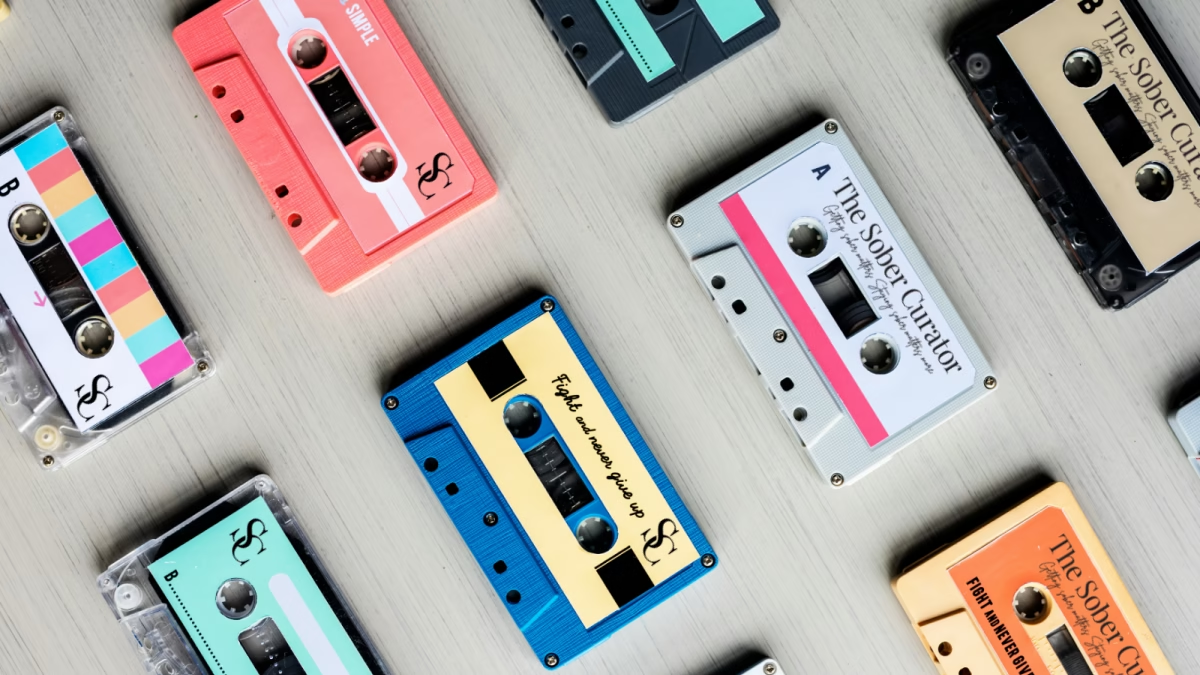
The Sober Curator’s PILLAR Content Hub is your one-stop guide for sobriety resources, addiction recovery resources, and sober living tips. From non-alcoholic drink guides to sober travel, entertainment, and lifestyle inspiration, our curated cornerstone articles are regularly updated to keep you informed, inspired, and connected. Whether you’re in recovery, sober curious, or supporting someone you love, this hub offers the sober lifestyle guide you’ve been looking for.

SOBERSCRIBE NOW!
Resources Are Available
If you or someone you know is experiencing difficulties surrounding alcoholism, addiction, or mental illness, please reach out and ask for help. People everywhere can and want to help; you just have to know where to look. And continue to look until you find what works for you. Click here for a list of regional and national resources.
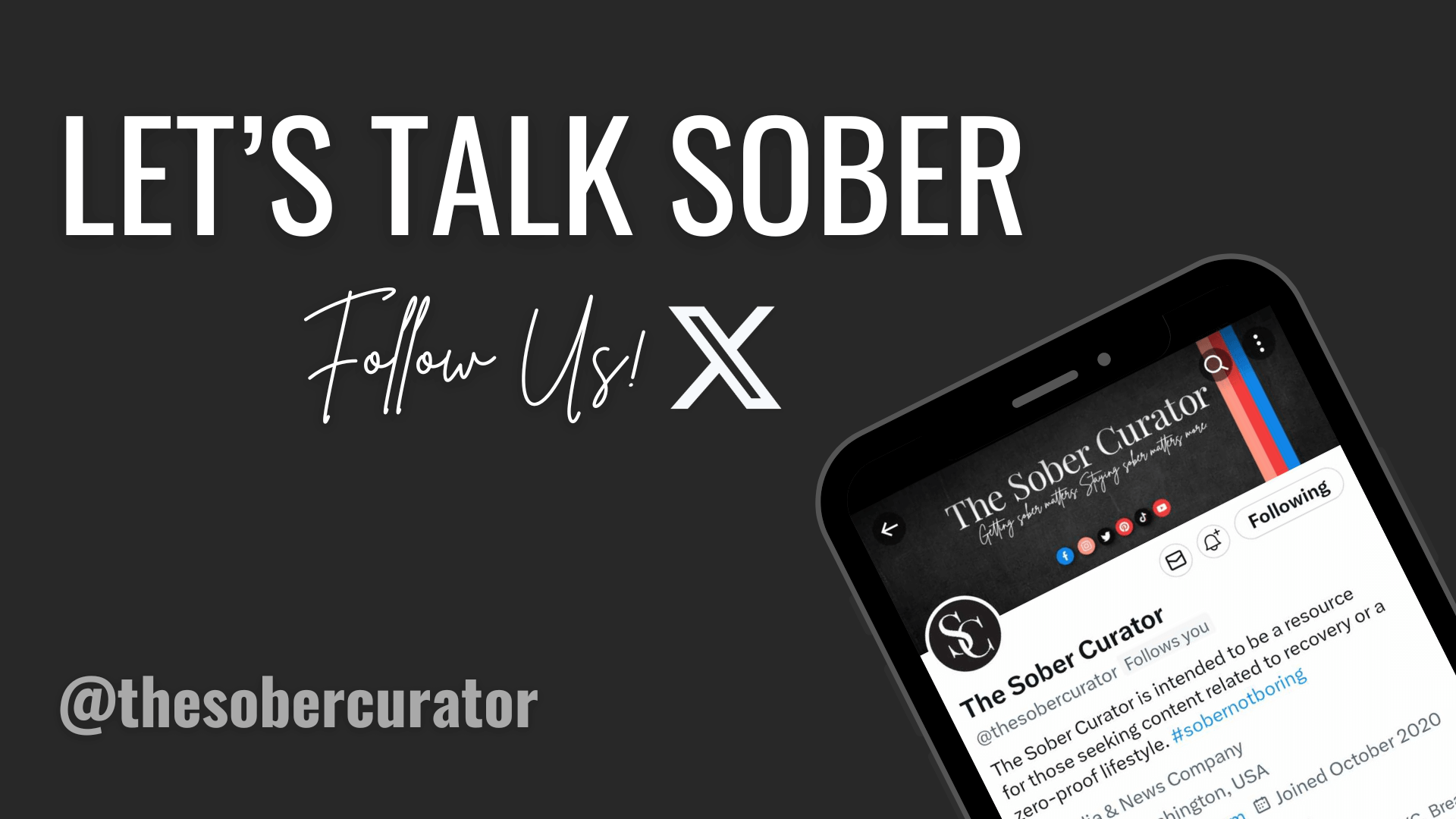
Follow The Sober Curator on X, the artist formerly known as Twitter



